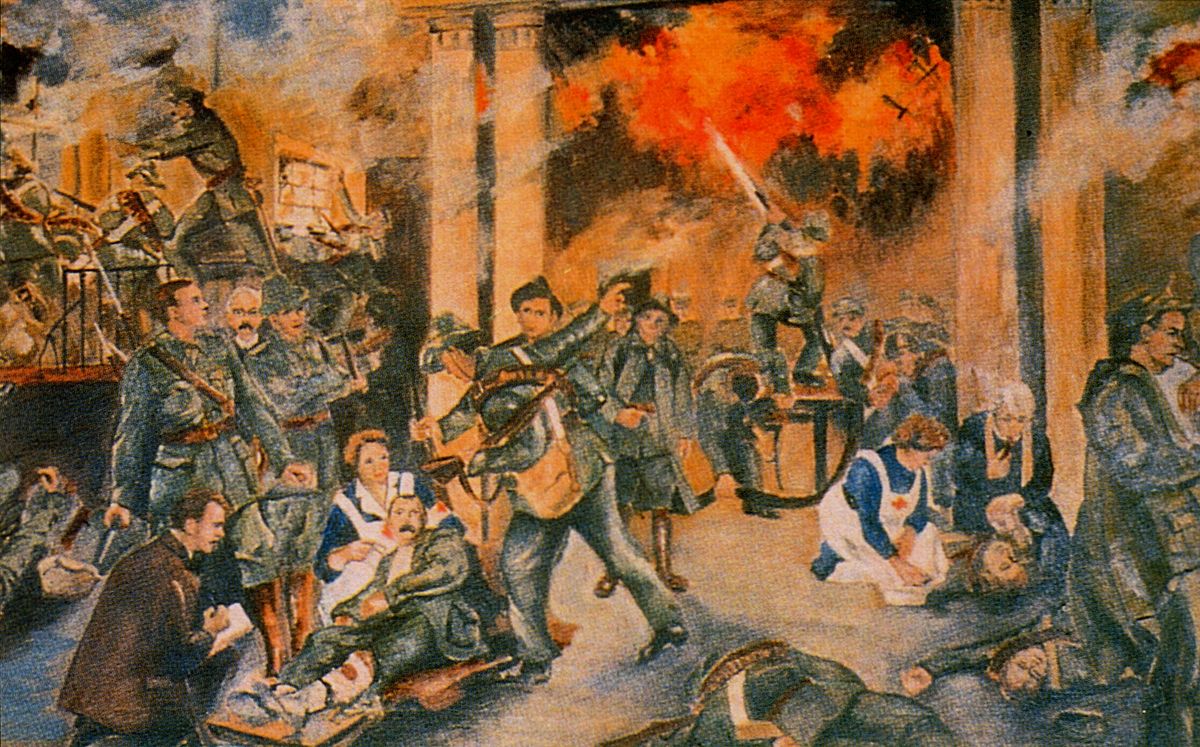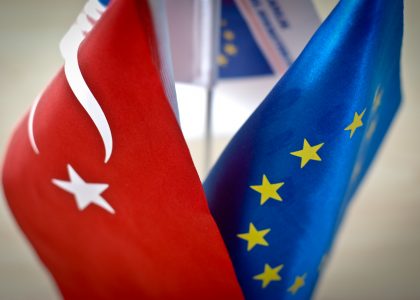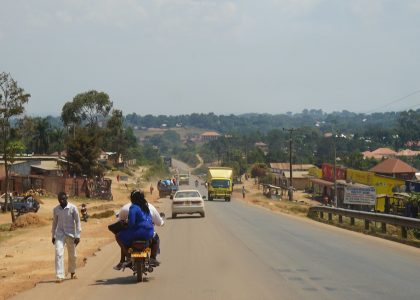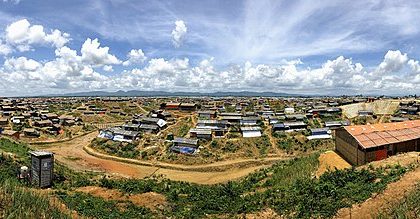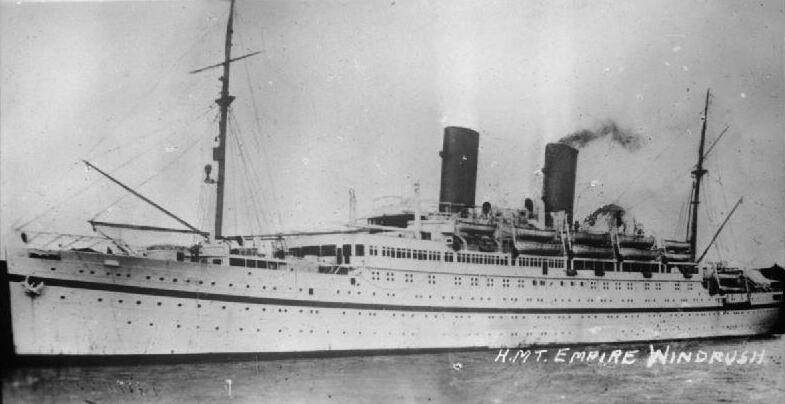As the Easter Rising is marked in Ireland, Professor Lee Marsden writes on the role of Norwich born Arthur Weekes, who died fighting for an independent Ireland.
The recent centennial celebrations in Dublin, commemorating the Easter Rising, presented the Irish people, with an opportunity to reflect on their history and consider the future in the light of the legacy of the handful of men and women who took on the might of the British Empire paving the way for Irish independence and the anticolonial struggles of the twentieth century. One of those insurgents was Norwich born socialist and trade unionist Arthur Weekes, also known as John Neale.
Unlike other volunteers, Weekes had no familial connection with Ireland but nonetheless volunteered, fought and died for the cause of Irish independence on the last day of the rising on Saturday 29th April 1916. Weekes is an enigma, still not officially acknowledged by the Irish state as a participant in the rising and yet buried with other insurgents in Glasnevin cemetery and acknowledged on the roll of honour at Liberty Hall, Dublin and in the Sinn Fein Rebellion Handbook.
Arthur Weekes was born in Norwich, son of a bootmaker, in 1893. He became a waiter and later moved to London where, as a member of the Hotel Club and Restaurant Workers Union, he played a prominent role in the Major London Hotel strike of 1913. Weekes was spotted speaking eloquently in support of the Industrial Workers of the World (IWW) at Hyde Park Corner establishing his credentials as a committed socialist. Faced with discrimination and the prospect of being conscripted into the British Army, with the outbreak of the First World War, Weekes left England to seek work in Dublin rather than fight an imperialist war.
In Dublin he found work in the hotel trade, first at the Hotel Allen, Harcourt Street, and later at the Shelbourne Hotel, St Stephens Green, using the name Neal or Neale to avoid the employer’s blacklist. He was drawn towards the Irish Citizen Army, set up by James Connolly to defend workers against the police and employers’ hired thugs in the 1913 Dublin Lockout. The Citizen Army soon became militarised and was to play a key role in the rising. Weekes joined sometime around November 1915 and was involved in gun running activities in the months leading up to Easter 1916.
The uprising itself was destined to fail militarily as a series of mishaps and calamities removed all prospects of victory. Victory was dependent upon sufficient numbers of well-armed and equipped volunteers rising across Ireland. The Irish Republican Brotherhood, Irish Citizen Army and Irish Volunteers had come together to deliver what they believed would be a fatal blow to British rule in Ireland. Tens of thousands of republicans were ready to act, Germany was prepared to deliver guns and ammunition and launch a diversionary attack on Lowestoft and Great Yarmouth to divert British attention. The rising was planned for Easter Sunday 23 April.
The shipment of arms to be delivered by the SS Libau arrived early and the men sent to direct the ship to the shore were unable to do so having been involved in a fatal car accident. Rather than risk capture from the Royal Navy the captain scuttled the ship losing all arms and munitions. On hearing the news the volunteers due to be mobilised on Easter Sunday were notified to stand down in an advert in the Independent by Irish Volunteer chief Eoin MacNeill. The Irish Republican Brotherhood was determined to embark on revolution, with or without German arms or the cooperation of MacNeill. Citizen Army and Irish Volunteers in Dublin were notified that the revolution was postponed and that manoeuvres would take place on Monday 24 April instead. Those manoeuvres resulted in eleven hundred poorly armed men, women and youths seizing vital areas of the city and settling in for the British response. Arthur Weekes, or as he now called himself John Neale, was among them.
John Neale was well remembered by those who came into contact with him fighting firstly at the manure works in Annesley Bridge, and then being part of a small unit occupying the Metropole Hotel in Sackville Street (now O’Connell Street). Neale was involved in sentry duty, sniping and cooking for fellow revolutionaries. He spent some time taking pot shots at the statue of Admiral Nelson on top of Nelson’s Column, until ordered to desist by James Connolly, Commanding Officer for the Irish Republican Army, Dublin, based in the General Post Office opposite. Neale is fondly remembered by fellow insurgents who recalled his socialist beliefs and commitment to their cause.
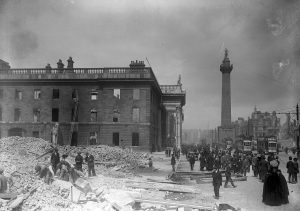
Over the course of the week the ranks of the volunteers rose to some 1600 while Britain was able to call on 20,000 troops armed with machine guns, 16 pounder guns and a gun ship. Dublin city centre was set ablaze and John Neale’s beleaguered group were able to hold out until they were ordered to evacuate on Friday morning. They ran across the road to the GPO where the building was also on fire and the roof collapsing. A stray bullet exploded an ammunition pouch on the chest of a volunteer with the blast destroying the lower part of Neale’s body. When asked how he was he replied ‘I’m dying comrade’. His fellow rebels bound his wounds as best they could and carried as the insurgents fled the building and found shelter in houses behind the GPO in Moore Street.
On Saturday morning 29 April 1916 the insurgents surrendered to avoid further loss of life. Neale was collected on a stretcher by British soldiers and taken to Dublin Castle, where he died and was buried in the Castle grounds, before later being reburied in Glasnevin cemetery. Gene Kerrigen’s bestselling book The Scrap describes John Neale as an enigma and notes that:
‘He was respectfully recalled by those with whom he fought. A random bullet shortened the life of an idealistic man who – amidst a nationalist rising – upheld the principle that nationality is not the most important thing that defines us’.
Arthur Weekes (1893-1916), aka John Neale, the only Englishmen, without Irish ancestry, to die fighting for an independent Ireland should be remembered and acknowledged for his part in the momentous events which have shaped both islands over the past hundred years.
Lee Marsden is a Professor of International Relations at the University of East Anglia.

